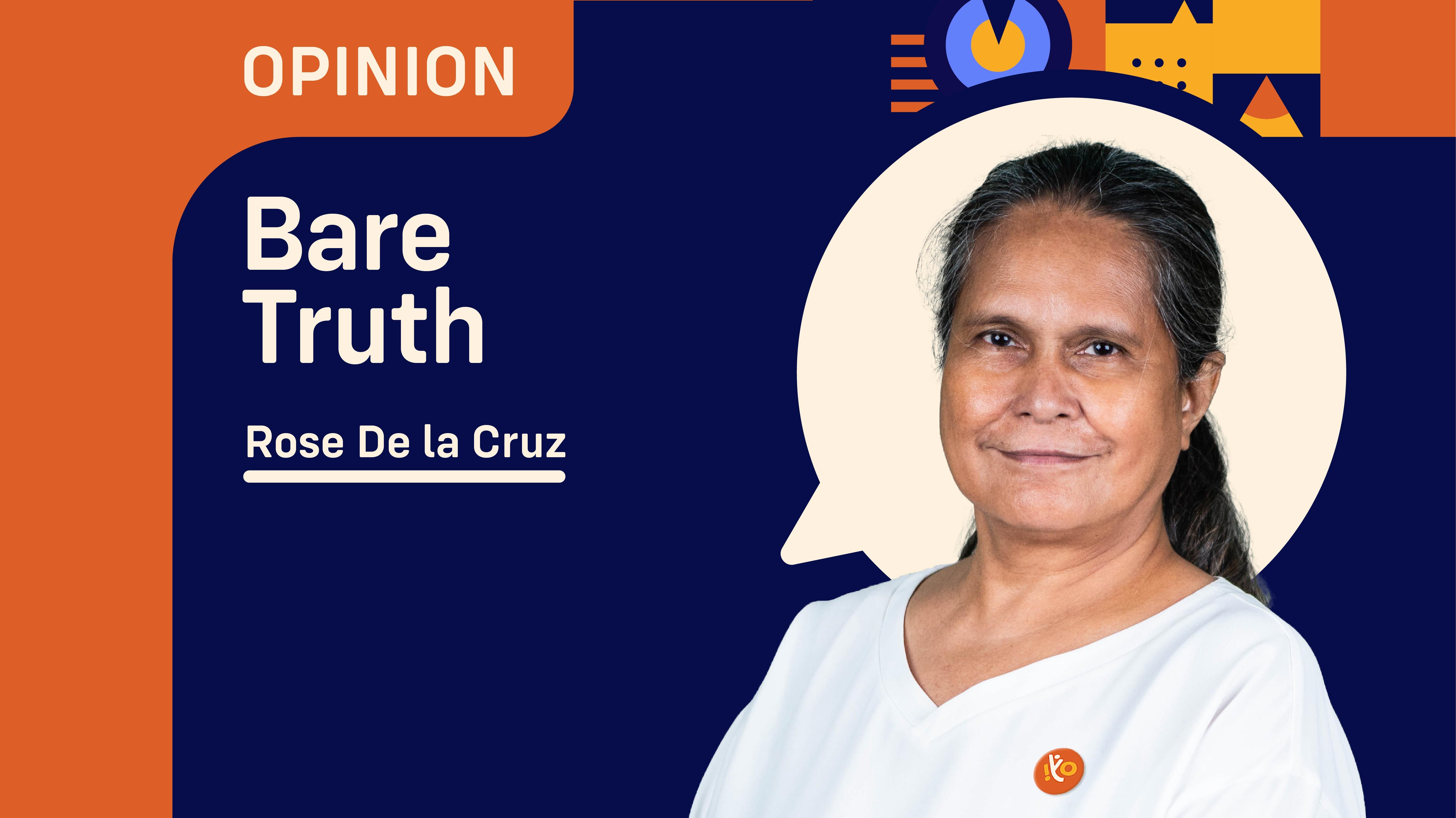Self- preservation is what compels senators to oppose charter change, particularly through the costly Constitutional Assembly, which they find atrociously repugnant.
Because if chacha succeeds—with its promised political corrections (through unicameral body and the lifting of term limits, where they lose the chance of landing in the unicameral legislature)—the upper house becomes irrelevant and would be abolished by the overwhelming numbers of the House of Representatives. See, they would be losing their jobs.
Majority of senators are opposed to charter change over fears that they would lose their jobs should Congress become a unicameral legislative body, according to Sen. Risa Hontiveros last March 20.
Hontiveros said unlike House members, her colleagues in the upper chamber are cold to the idea of changing the 1987 Constitution supposedly by removing foreign ownership limits in certain industries.
“Minority Leader (Koko) Pimentel and I are not alone in saying no to Charter Change at the moment, and we are not alone in favoring constitutional convention if and when the time for constitutional reform comes around as the best mode,” Hontiveros told a media forum.
“My sense is that even the majority of the Majority senators are not about charter change right now… I don’t see anyone wanting to accelerate the process or to complete it within this Congress,” she added as her fearless forecast.
Hontiveros said senators are unlikely to vote in favor of something that will make them lose their jobs.
“It’s also an institutional threat to the Senate that we will be deleted from the Constitution and from the political structure,” she noted.
The House has approved the conduct of charter change via a constituent assembly. However, the Senate needs to approve their own version of charter change and find an agreeable middle ground.
Senator Robin Padilla is the primary proponent of charter change in the Senate. He has also acknowledged that most of his colleagues are cold to the idea of amending the Constitution.
Padilla hit the Senate for canceling a charter change hearing ‘at the last minute’ – a decision which he said was an ‘order’ from Senate President Juan Miguel Zubiri.
Zubiri tutored Padilla on March 20, after the Senate canceled a planned joint hearing with House lawmakers about proposals to amend the 1987 Constitution.
Hours before Zubiri released a statement to the media, Padilla pointed to him as the reason why the joint hearing was scrapped – a decision that irked Padilla’s counterpart at the House of Representatives.
The public exchange between Zubiri and Padilla is the latest display of disagreement at the Senate over charter change.
While a constitutional convention (Con-Con) bill hurdled the House through an overwhelming majority of 301-7, Zubiri said a similar measure will fail at the Senate, as it will need the votes of three-fourths of the chamber, or at least 18 senators. Padilla last February 23 said at least 11 senators support charter change.
Zubiri said he told Padilla that “traditionally, the Senate does not invite incumbent members of Congress as resource persons, as they are accorded parliamentary courtesy, being members of coequal branch of legislation.”
On Sunday Speaker Ferdinand Martin Romualdez said he spoke with Zubiri by phone where they “conversed briefly on the topic of Constitutional reforms,” hinting on re-scheduling the joint hearing.
Romualdez said that Zubiri assured him that the Senate would keep an “open mind” on the move by the lower chamber for economic reforms through constitutional amendments.
The Senate committee on constitutional amendments on Monday went ahead with the hearing on Cha-cha without its counterpart from the House with only two resource persons—PDP-Laban secretary general Melvin Matibag and former Sen. Kit Tatad. Padilla is a member of PDP-Laban.
Rep. Elpidio Barzaga (Cavite 4th District) claimed that both leaders of the upper and lower chambers of the Congress have an apparent word war over revising the constitution.
The word war, Bargaza said, started when Zubiri said the House’s push to amend the charter’s economic provisions appears to have delayed the enforcement of the implementing guidelines of three laws – the Public Service Act, the Retail Trade Liberalization Act, and the Foreign Investment Act.
Matibag and Tatad agreed that the constitutional amendments should not be limited to economic provisions but also the form of government “para isahan lang ang gastos.”
Matibag and Tatad are in favor of changing the structure of the Philippine government from a republic with a presidential form to parliamentary system.
